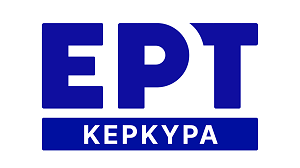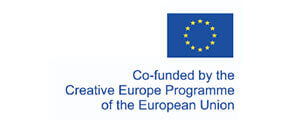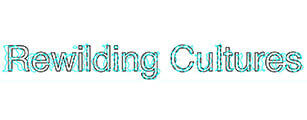In the context of a project aiming at the development of an innovative infrastructure for the creation of digital educational escape games, the possibility of this type of educational games to act as facilitators for the familiarization of users with the cultural landscape through literary texts is examined.
The project attempts to highlight new playful cultural ways of acquainting Greek and foreign visitors to regions and places, on the basis of their familiarity with remarkable literary texts by famous authors and poets.
The project aims to combine the new trends in the development of digital games (augmented reality technologies for mobile devices and PCs) with the inexhaustible cultural wealth of Greece. Gamification is an emerging trend in education, culture and tourism. In this context, the present effort attempts, among other things, to investigate whether, by exploiting modern technological achievements, the implementation of specially designed gamification activities that utilize literary texts can enhance and make the cultural experience of the visitor of a place easy and effective.
The cultural landscapes we are concerned with in this project are landscapes shaped by human engagement. They are geographic areas (including both cultural and natural resources) that are associated with historical events, activities, or individuals, or have any other cultural or aesthetic value.
The reference to landscape in literature was strongly influenced by ideas of humanism and the need to express human emotions. In the ever-evolving field of literature, landscape has a dual role: it is a setting in which the plot of the literary work takes place, but it is also an active context with a strong semantic load, as it is used to express the attitudes, thoughts and feelings of the characters in the literary work.
In the field of tourism and education, it seems that the time has passed when tour operators designed tourist routes, or teachers designed a narrative in order to introduce tourists or students respectively to a place. Technologies such as augmented and virtual reality are widely used to analyse data and leverage the experience of other participants in designing personalised experiences. At the same time, the evolution of technology is increasingly inspiring game designers to develop innovative gamification applications in different environments and for different purposes directly influencing the travel, tourism and education sectors where similar approaches are being adopted by industry professionals as part of their strategy - i.e. to foster a new, playful and fun approach to entertainment and education.
Geolocation and augmented reality capabilities are being combined through playful applications and are increasingly being used in tours of archaeological sites, cities, theme parks, airports, restaurants and elsewhere. With regard to the cultural landscape in particular, gaming enables visitors to connect through quests and quests with the history of the past and offers new opportunities to gain knowledge by enhancing the visitor experience.
The innovation of the project lies both in the junction of Augmented/Virtual Reality with the promotion of educational/cultural points of interest, as well as in the interactive, gamified practices of literary texts.
“Escape” project is implemented by a consortium of three partners: CTI, EPEOT and APOPLOU and co‐financed by the European Regional Development Fund of the European Union and Greek national funds through the Operational Program Competitiveness, Entrepreneurship and Innovation, under the call RESEARCH – CREATE - INNOVATE (project code: Τ2ΕΔΚ-02992).
References
• Shaffer, D. W., Squire, K., Halverson, R., & Gee, J. P. (2005). Video games and the future of learning. Phi Delta Kappan, 87(2), 104-111.
• Girard, C., Ecalle, J. & Magnant, E. (2012). Serious games as new educational tools: how effective are they? A meta-analysis of recent studies. Journal of Computer Assisted Learning (2013), 29, 207-219.
• Wilson, K. A., Bedwell, W. L., Lazzara, E. H., Salas, E., Burke, C. S., Estock, J. L., Orvis, K. L., & Conkey, C. (2009). Relationships Between Game Attributes and Learning Outcomes: Review and Research Proposals. Simulation & Gaming, 40(2).
Back














